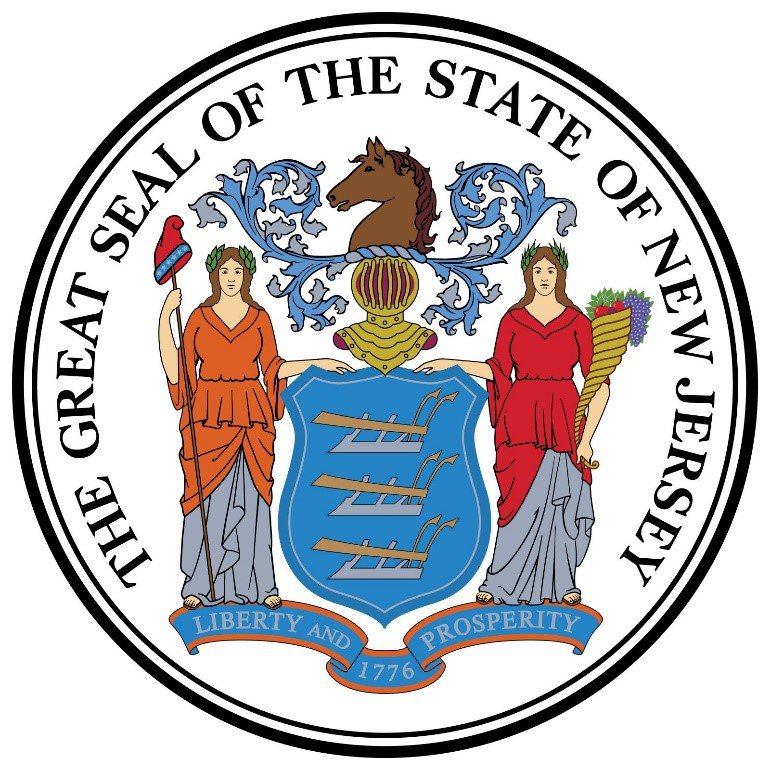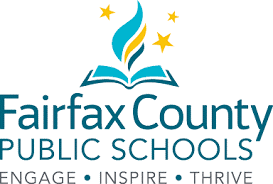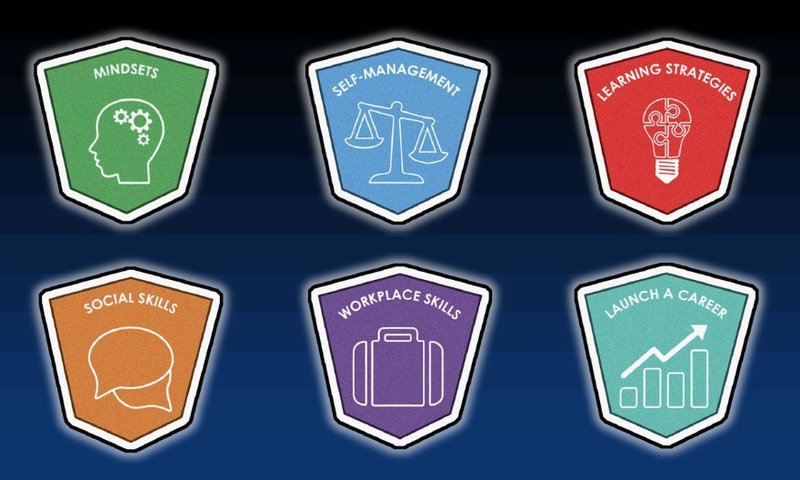Lawmakers hear pleas to end high school graduation exam requirement – By Sophie Nieto-Munoz, The New Jersey Monitor
After three years of challenges caused or aggravated by the pandemic — closed schools, staffing shortages, students with burnout — lawmakers are taking a closer look at whether high schoolers should pass an exam to graduate.
New Jersey is one of 11 states that require students to pass a standardized test in 11th grade in order to get their diploma. Gov. Phil Murphy signed a law waiving the test requirement in the 2022-2023 school year, and now some lawmakers want to make that a permanent move.
“No way should this test be on the books for 2024, because we still haven’t resolved the issues that our students have gone through in 2021, 2022, and 2023,” said Assemblyman Ralph Caputo, (D-Essex) sponsor of a bill to eliminate the requirement.
For nearly two hours Thursday, the Assembly Education Committee heard testimony from dozens of parents, school officials, and students who argued the state should not require 11th graders to pass a standardized test to graduate. Education advocates say students of color, students who speak English as a second language, and students with disabilities struggle with testing and tend to score much lower than their peers.

Utah lawmakers already gave teachers a raise. Now there’s a push to tie it to inflation – By Martha Harris, KUER
Utah’s recently passed school voucher law also increases teacher compensation. That adjustment will start after the current school year, but some lawmakers now want it to keep pace with inflation.
HB215 increases teacher salaries by $4,200 and benefits by $1,800. Teachers are eligible for a compensation increase of the same $6,000 amount every year under the bill.
Republican Sen. Evan Vickers is sponsoring a separate bill, SB183, that would annually adjust that $6,000 figure to keep up with inflation, just like the state’s per-pupil funding.
The weighted pupil unit is the base amount of funding the state gives school districts and charter schools for every student enrolled. Lawmakers are required to increase it each year at least enough to cover inflation increases. Vickers’ proposal would raise the teacher salary adjustment by the same percentage it increases per-pupil funding.

Senate to take up bill requiring Virginia schools to spend unused relief funds – By Nathaniel Cline, Virginia Mercury
Legislation backed by Gov. Glenn Youngkin that would require Virginia school divisions to spend any federal pandemic funds they haven’t yet used or forfeit them is headed to the Senate for consideration.
An October report from the Virginia Department of Education shows Fairfax County Public Schools have the most unspent relief funds, representing more than $170 million. Norfolk schools have the next highest amount at $136 million, followed by Henrico at $116 million, Richmond City at $111 million and Newport News at $93 million.
How big a percentage of the divisions’ operating budgets those unspent funds represent varies. Fairfax, for example, has a current operating budget of $3.3 billion, while the Norfolk schools budget is $376 million.
The legislation, which passed the House on a 52-48 vote, followed comments by Youngkin this October urging school divisions to spend their remaining funds to address achievement gaps and proficiency declines among Virginia students.

How Indianapolis High Schools Are Using ‘Badges’ to Help Students Demonstrate Skills — and Land Jobs – By Patrick O’Donnell, The 74
Indiana high school principal Stacey Brewer faces a challenge schools nationwide share as they struggle to connect their students to jobs: Teaching the “soft skills” of the workplace.
Brewer, who leads Yorktown High School an hour northeast of Indianapolis, is grappling with the trouble many young people have with basic job rules: The need to be on time, taking initiative and speaking with customers. And without a standard class for schools to teach these skills there’s no way to prove to employers that students have learned them.
“If you’re going to be workforce ready in a plethora of possible industries, what are the things that you need in order to be a successful employee?” said Brewer, whose school of 800 students will join a growing number of schools and community organizations in the Indianapolis area using a new set of career skills “badges” that standardize what young people need to know. “Here’s a way that we can solidify some additional training that is going to be marketable.”
Brewer has made the badges the core of a pilot graduation track for students who want to work right out of high school, one of several new, innovative graduation pathways starting in the state. Students will complete all six badges as part of that track.











